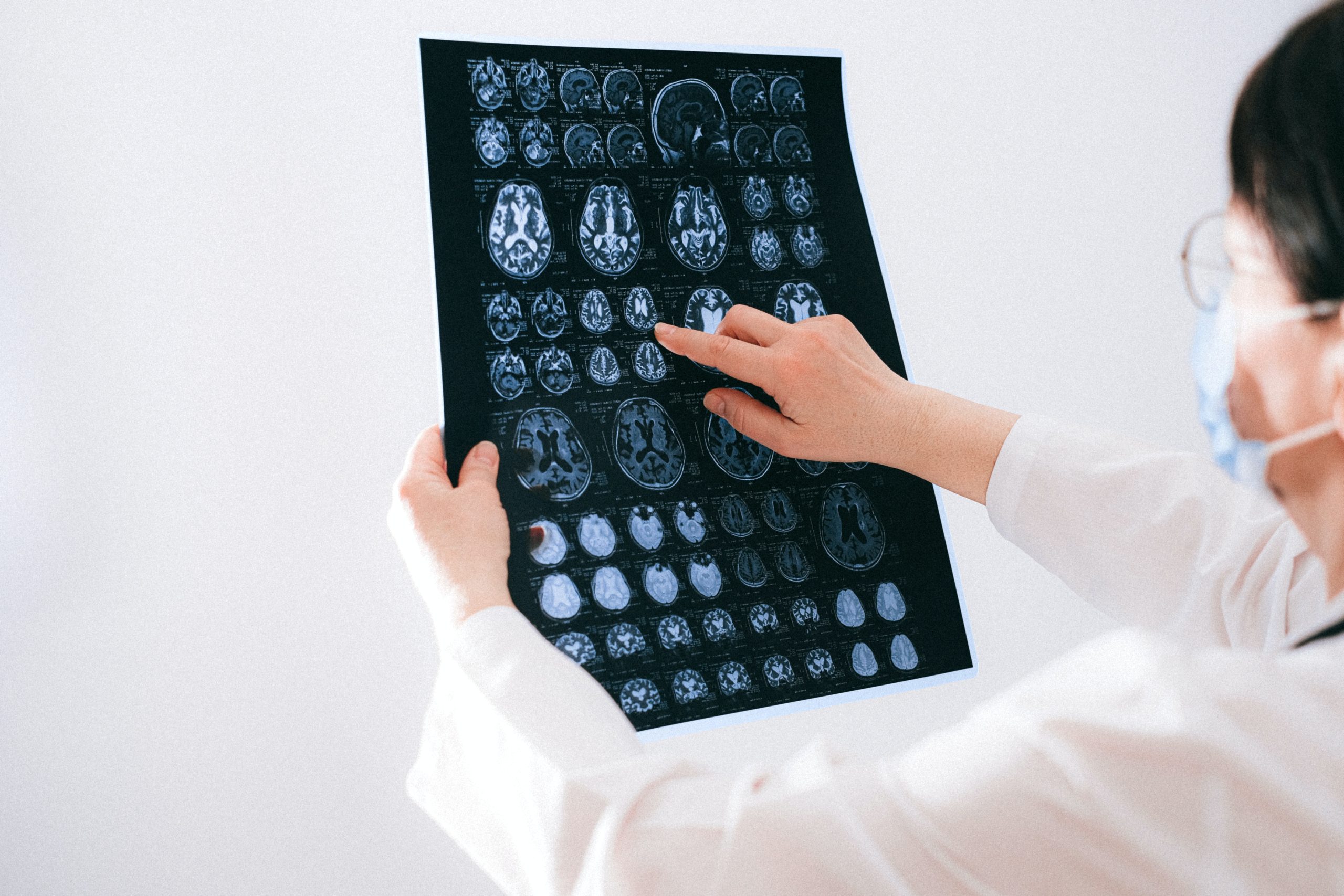(Washington Insider Magazine)-A breakthrough in Alzheimer’s research has led to the development of a new experimental Alzheimer’s drug.
This scientific discovery in Alzheimer’s medication protocols has slowed the rate of decline in memory and the ability to think in sufferers of the disease.
The Alzheimer’s drug is the first time there has ever been a clear alteration in how the disease progresses.
In 18 months, it showed a 27% less decline than those who did not take the drug. While this is not a large-scale change in the outcome, it is a step forward in the right direction.
About 1800 patients with early-stage Alzheimer’s participated in the study. During the study, they were given the drug, Lecanemab, twice a week. A total of roughly one-fifth of the patients suffered side effects such as brain bleeding or brain swelling.
Of that one-fifth, only about 3% had symptomatic side effects. This research supports the assumption that sticky plaques build up in the brain and play a role in damaging brain cells and causing further decline.
This assumption is called the “amyloid hypothesis.” The hypothesis is heavily questioned due to other drug trials having successfully reduced the amount of amyloid in the brain without any improvement to the clinical outcomes, and is a point of possible disagreement in the medical community.
In the hopes of moving forward, developers and technicians are expected to apply for approval for use-case approval in the US and Europe. Healthcare providers would then be faced with a hard decision on who will be eligible to take the drug and whether or not to fund the drug.
At the moment the improvements seen in the trials are falling slightly below a largely accepted benchmark. There are a great many questions involved that need to be answered so informed decisions can be made.
Such as if the patients maintain the upwards trajectory past the 18-month mark. or if the drug can slow the decline at earlier stages.
The company is beginning to start another trial involving people who are at a high risk of Alzheimer’s but are currently not showing any symptoms. While the outcomes are yet to be seen, this is a tremendous step forward for the Alzheimer’s community.
There are many questions still to be answered, but this could be a big step for any suffering from Alzheimer’s.


























